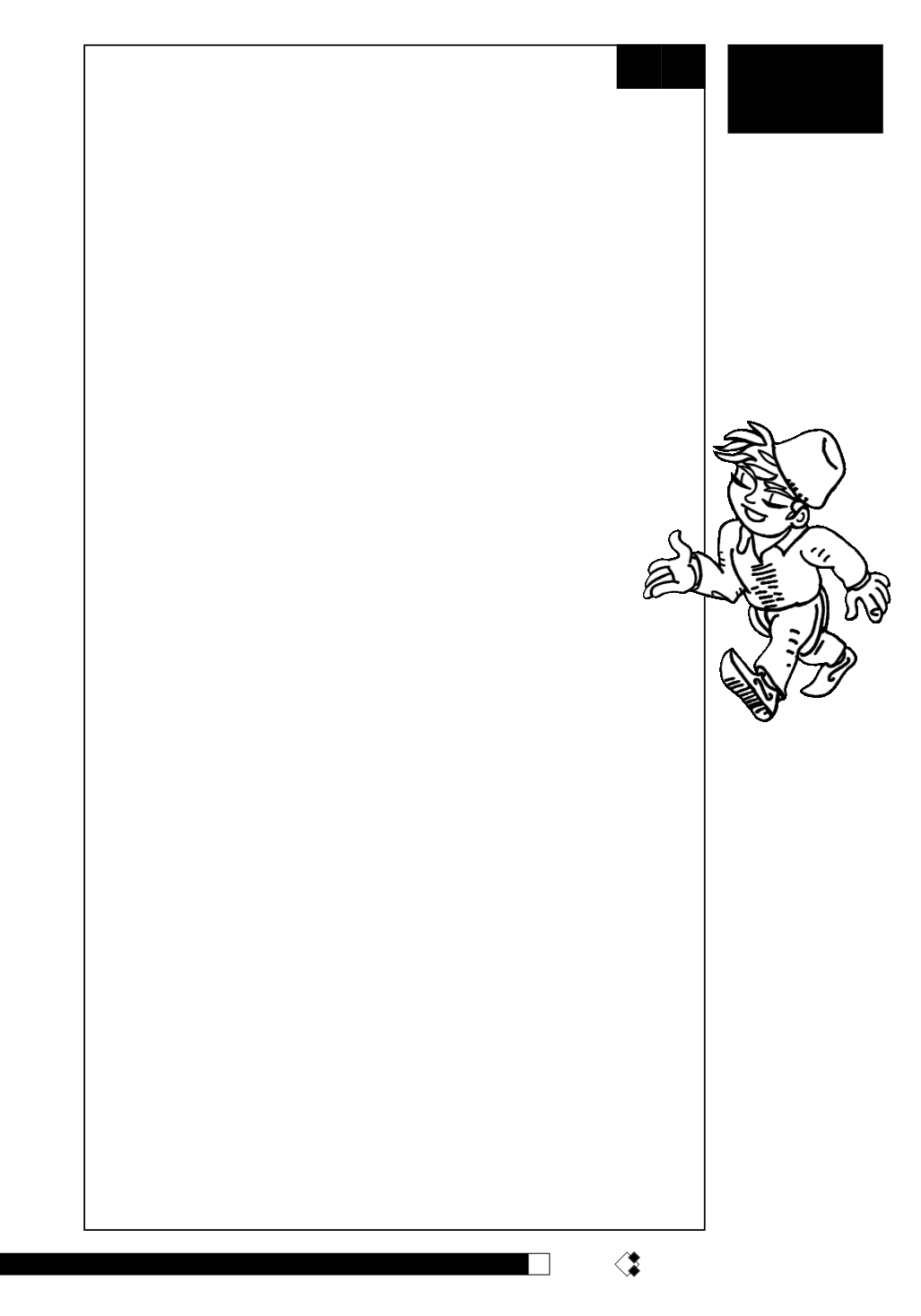
my faith
...
ISLAM
122
ry
fh
fh
fh
fh
fh
fh
fh
fh
fh
fh
fh
fh
fh
fh
fh
vn
AN IMPORTANT
POINT TO
REMEMBER
The most important duty of a parent to the child
is that of setting a good example by practically display-
ing the manners and behaviour taught in Islam. The
instruction children receive in their early years forms an
integral part of their personality and character. It is thus
easy to see that the example the parent sets will deter-
mine the morality and behaviour of the child. There is
no better method of teaching than by setting a good
example. When a child sees Salaah observed in the
home, he is reminded of complete obedience to the Will
of Allah. He listens to prayers for Divine guidance in the
problems of everyday life and he becomes inspired to
do likewise. He observes his parents living a clean, har-
monious married life and it becomes a lesson that he
will not forget throughout his life. Also, it is important to
remember that the treatment given to children in the
early years of their life can have far-reaching effects on
their mental and emotional state later on in life. Among
the virtues and habits parents should develop in their
children are:
- the habit of being honest and truthful;
- the habit of being gentle and polite without being
timid, afraid and cowed down;
- the habit of being helpful and considerate without
being loutish in their behaviour to others;
- the habit of being clean and neat and tidy, of looking
after their personal hygiene and appearance.
Children need to develop the
adab
or the etiquette of
Islam: when and how to greet; how to speak, sit, eat,
and how to perform natural functions like personal toi-
let in the clean and efficient manner; to do everything in
the manner, time and place that is appropriate for it, for
example: to be reverent in Salat, attentive in class,
robust and full of zest in play. From the noble Prophet’s
recommendations, we see that children need to lead an
active outdoor life and be proficient in some of the mar-
tial arts. They should have the stamina for demanding
play and demanding work. Children need to develop a
thirst for beneficial knowledge through listening, obser-
vation, reading and interacting with others. It is recom-
mended that children be taught from an early age to
recite and read the
Qur’an
and develop a love for it. At
an early age, they have the capacity to memorize it and
it is common for many children and youths to memorize
the whole or large parts of the
Qur’an
. From the age of
seven, the Holy Prophet {s] recommended that children
PT


